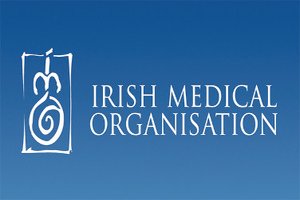The IMO’s health and wellbeing working group plans to establish a peer support network of trained volunteers who can help colleagues during times of stress. Dr Norella Broderick, Chair of the working group – which was formed under the NCHD committee – said this network would be intended for colleagues “who just need a little bit of support”.
The working group is discussing ways of developing practical supports for doctors, while the union seeks to address the wider systemic issues negatively impacting doctors’ mental health and wellbeing.
Dr Broderick said another initiative being examined is the more widespread use of Balint groups throughout the country. These debriefing-type groups are frequently used in Dr Broderick’s specialty of psychiatry and “tend to be well received”. The group has also undertaken a series of literature reviews to better understand the impact of long working hours, night working and shifts from night-to-day working patterns on doctors, using studies on other professions such as aviation. The group’s findings are being compiled for publication.
As reported in the last edition of the Medical Independent, the IMO intends to use labour law mechanisms to challenge the illegal working hours of large proportions of NCHDs. An IMO survey of NCHD working hours in November 2020 found 31 per cent reported working shifts above 24 hours, while only 25 per cent reported working fewer than 48 hours on average per week. In contrast, HSE data suggested high rates of compliance with legal working hour requirements. These issues have been identified in previous IMO surveys over recent years.
Separate IMO research has found almost 80 per cent of NCHDs are at high risk of burnout. Dr Broderick said NCHDs were exposed to increased risk of anxiety, depression and other conditions, and greater risk of road accidents, due to excessive working hours. Some doctors were suffering “moral injury” because they were “not able to do the job as well as they would like to and that is upsetting for people”.
“In the last few months in particular people are very, very drained, particularly working in the acute hospital system,” she added. According to Dr Broderick, the necessity of implementing Covid and non-Covid care streams had meant NCHDs in some hospitals were working twice the usual number of ‘call’ shifts. She said many NCHDs still considered medicine “a very satisfying job… and that is what keeps people going, but the exhaustion is starting to take over”.













Leave a Reply
You must be logged in to post a comment.